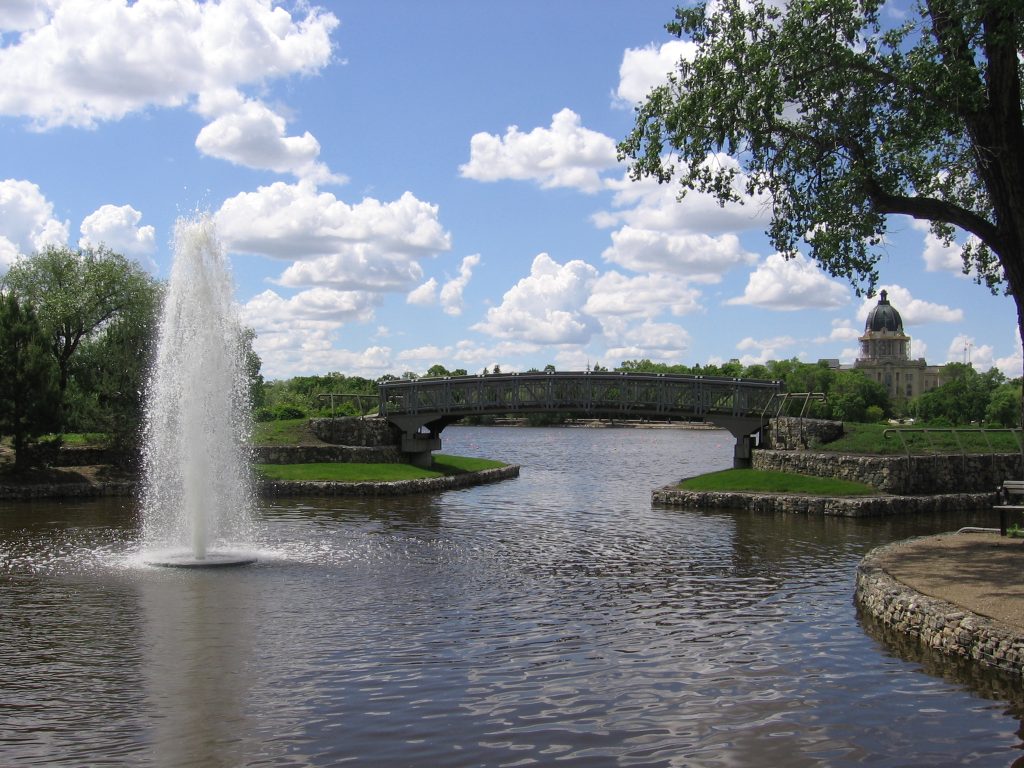
Question Period—National Defence
CF-18 Aircraft
February 2, 2016
The Honorable Senator Denise Batters:
Minister, the Trudeau government has never provided Canadians with a coherent reason why we are pulling our CF-18s out of Syria. One reason given by Prime Minister Trudeau was that we want to focus on where we do things "very, very well." Minister, when I heard that answer, I thought of all the pilots trained at 15 Wing Moose Jaw, home of the NATO Flight Training Centre. Minister, all Canadians think we fly fighter jets very well. Why doesn't the Trudeau government think our world-class Canadian pilots are up to par?
Hon. Harjit S. Sajjan, P.C., M.P., Minister of National Defence: I would consider any Canadian pilot among the best of the best. We have many people wanting to be fighter pilots. I was one of them, but not everyone gets to that stage. Because of our numbers, we get to pick the absolute best.
There is absolutely no question that our Canadian pilots, whether they're flying an F18, a Griffon, or a Chinook for search and rescue, are the best.
With regard to the CF-18s and the mission, we as politicians have to be careful of saying what capability can work. We have to allow the military commanders to decide what is best. I took that approach; my military advice comes from General Vance. We had one year of a mission where air strikes were important because the enemy was out in the open. The enemy learns from what we do, as we learn from them.
There is a considerable amount of coalition effort with regard to air strikes, but what they needed was the intelligence capability as the enemy gets smarter. They work within populations.
Canada has a tremendous amount of experience because we have worked in the most volatile areas in Afghanistan. The evolution of the mission, and eventually the goal of defeating ISIL, is moving toward success on the ground.
As the Iraqi security forces take cities, the U.S. was already there for a significant amount of time. We need to be able to train the Iraqi security forces, because if you realize how the problem happened in the first place, they weren't able to hold ground, and Daesh was able to take over.
As we re-take those cities, keep in mind we need to leave troops on the ground in the cities as you go to the next one. You need to train a significant number of troops to be able to have an eventual defeat. You cannot defeat an enemy like this from the air, so we have adjusted our mission to be more suited towards defeat of Daesh alongside our coalition partners, making sure a critical piece in the north, where we're at, remains stable, and that we have trained the right security force, not just external, but internal as well. As the Iraqi security forces make their way up, coming up to Mosul, we will be very close to that line.
It's part of a wider plan to make sure of the eventual defeat of ISIL. I am not talking about our CF-18s or air strikes or dropping bombs. I am talking about the defeat of the enemy, which is Daesh. The only way we can do this is by making sure that we train the Iraqi security forces to be able to hold their ground, and, more importantly, to keep the ground and the gains after the defeat is complete. When they can maintain the stability in that nation, then we can work on the political piece as well to keep the entire region stable.

